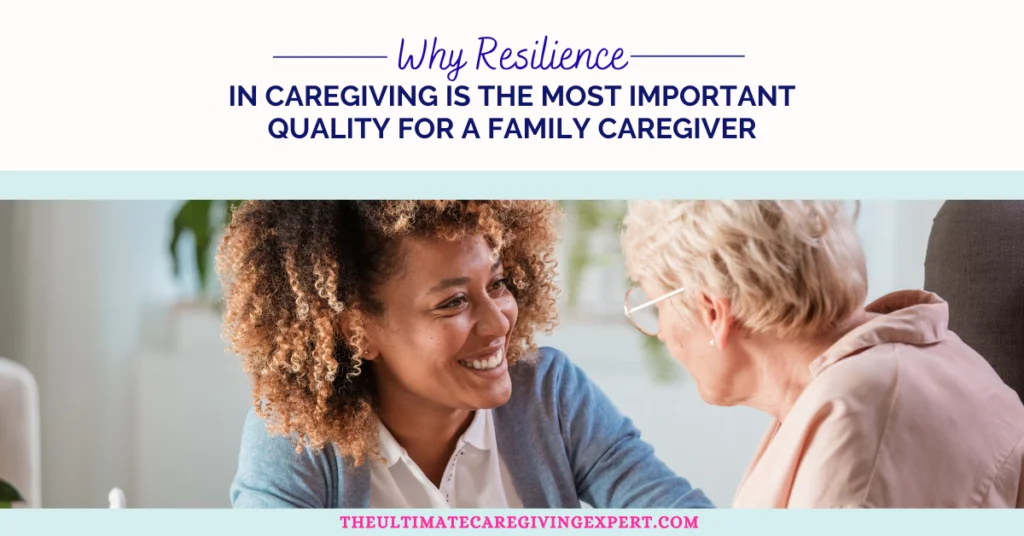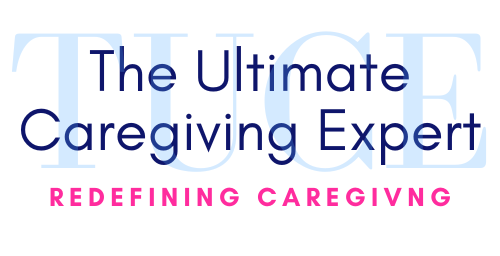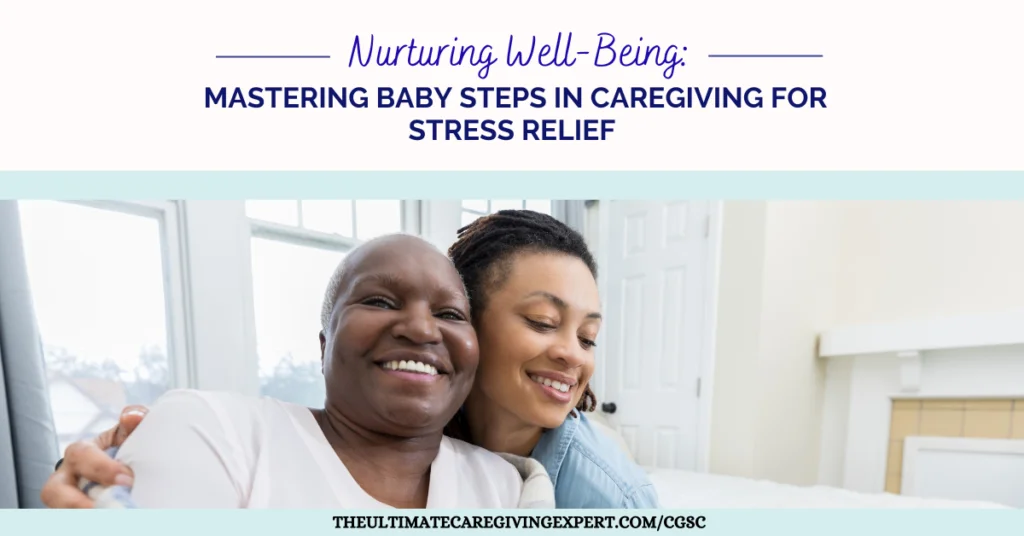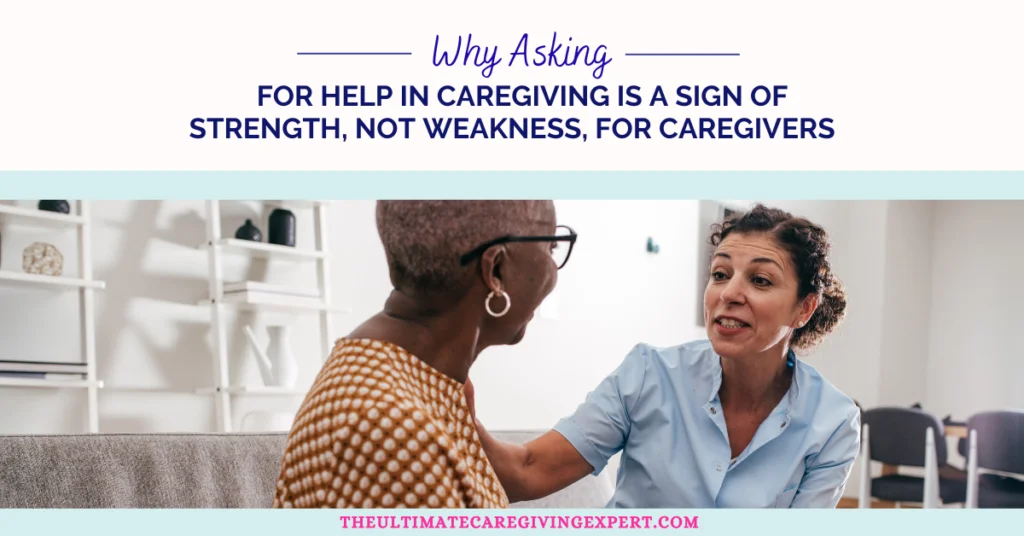Why Resilience in Caregiving Is the Most Important Quality for a Family Caregiver

Caregiving for a loved one is a journey filled with highs and lows, moments of joy, and times of immense stress. For family caregivers, resilience is not just an admirable trait but a necessary quality that allows them to navigate this challenging path effectively. Resilience in caregiving enables caregivers to maintain their well-being, provide the best care for their loved ones, and find purpose in their roles. Understanding and cultivating resilience is crucial for anyone in this demanding yet rewarding role.
Understanding Resilience in the Caregiving Context
Resilience is the ability to maintain psychological stability and bounce back from the emotional and physical demands of caring for an aging or ill loved one. This capacity is not innate; it is a developed skill set involving:
- Stress Regulation: Managing high-cortisol environments through emotional regulation.
- Cognitive Flexibility: Adapting to the fluctuating medical and behavioral needs of the care recipient.
- Proactive Problem-Solving: Identifying potential crises before they escalate.
Adaptive Plasticity: Embracing Change
Building resilience requires Adaptive Plasticity—the ability to accept the unpredictable nature of illness. Caregivers who utilize these evidence-based coping strategies report higher satisfaction:
- Mindfulness-Based Stress Reduction (MBSR): Techniques that lower heart rate and improve focus.
- Condition Education: Staying informed about a loved one’s specific medical condition reduces the fear of the unknown.
- Support Networking: Utilizing a multi-disciplinary team of friends, family, and medical professionals.
Self-Care: The Physiological Foundation of Resilience
Self-care is not a luxury; it is a clinical necessity for sustaining resilience. Physical depletion directly impairs the brain’s executive function, making caregiving more difficult.
| Self-Care Category | Recommended Action | Resilience Impact |
| Physical | Regular exercise & 7-9 hours of sleep | Regulates mood and lowers systemic inflammation. |
| Emotional | Professional counseling or support groups | Prevents social isolation and emotional fatigue. |
| Nutritional | Balanced diet high in Omega-3s | Supports cognitive clarity and energy levels. |
The Power of Connection: Leveraging Social Capital
Isolation is the leading cause of caregiver attrition. Strengthening resilience through community connection provides emotional validation and practical resources:
- Respite Care Services: Short-term breaks that prevent the accumulation of chronic fatigue.
- Peer Exchange: Sharing strategies with other caregivers through online or in-person forums.
- Open Communication: Clearly expressing needs to family members to delegate tasks effectively.
Cognitive Reframing: Maintaining Perspective
Maintaining a positive outlook is achieved through Cognitive Reframing—the practice of viewing challenges as manageable tasks rather than insurmountable obstacles.
- Victory Journaling: Documenting small wins to stimulate the brain’s reward system (dopamine).
- Meaning-Making: Focusing on the value of the bond and the dignity provided to the loved one.
- Gratitude Practice: Regularly identifying positive moments to counteract negativity bias.
Flexibility as a Strategy: Role Adaptation
As a loved one’s condition progresses, the caregiver’s role must evolve. Resilience is sustained by mastering new technical skills and organizational tools:
- Skill Acquisition: Learning medical tasks (e.g., wound care, medication management) from healthcare professionals.
- Resource Utilization: Adopting time-management apps or medical tracking software.
- Boundary Setting: Defining limits between caregiving duties and personal life to prevent role-blurring.
Conclusion: Cultivating Resilience for a Fulfilling Caregiving Journey
Resilience is the most valuable asset in the caregiving journey. By integrating adaptive strategies—prioritizing health, seeking support, and maintaining a flexible mindset—you ensure a sustainable and fulfilling experience for both yourself and your loved one.
Ready to strengthen your resilience? Join our community of experts and peers for guided support. If you need personalized strategies for your unique situation, Schedule a Consultation Today
FAQs about Resilience in Caregiving
What is the definition of caregiver resilience?
Caregiver resilience is the psychological capacity to adapt to the chronic stressors of long-term care. It is a developed skill involving emotional regulation and cognitive flexibility, allowing caregivers to maintain personal well-being while providing high-quality care to a loved one.
How do family caregivers build resilience?
Caregivers build resilience by practicing Mindfulness-Based Stress Reduction (MBSR), setting strict micro-boundaries for personal rest, and pursuing continuous education on medical conditions. These evidence-based habits lower cortisol levels, helping to prevent clinical burnout and emotional exhaustion.
What are the early warning signs of caregiver burnout?
Warning signs include chronic fatigue, social withdrawal, and increased irritability. If unmanaged, these symptoms progress into Caregiver Burnout Syndrome. Resilience strategies—like delegating tasks and seeking professional counseling are essential to reverse these effects and restore emotional stability.
Can respite care improve long-term resilience?
Yes. Respite care acts as a critical mental reset by providing temporary relief from caregiving duties. Utilizing professional in-home help or adult day centers prevents the accumulation of chronic fatigue, sustaining the caregiver’s ability to provide compassionate care over time.
Why is social support critical for resilient caregiving?
Social support serves as a biological buffer against isolation, a leading cause of caregiver attrition. Connecting with peer groups or consultants provides emotional validation and practical advice, allowing caregivers to share the cognitive load and find communal meaning in their journey.




2 thoughts on “Why Resilience in Caregiving Is the Most Important Quality for a Family Caregiver”